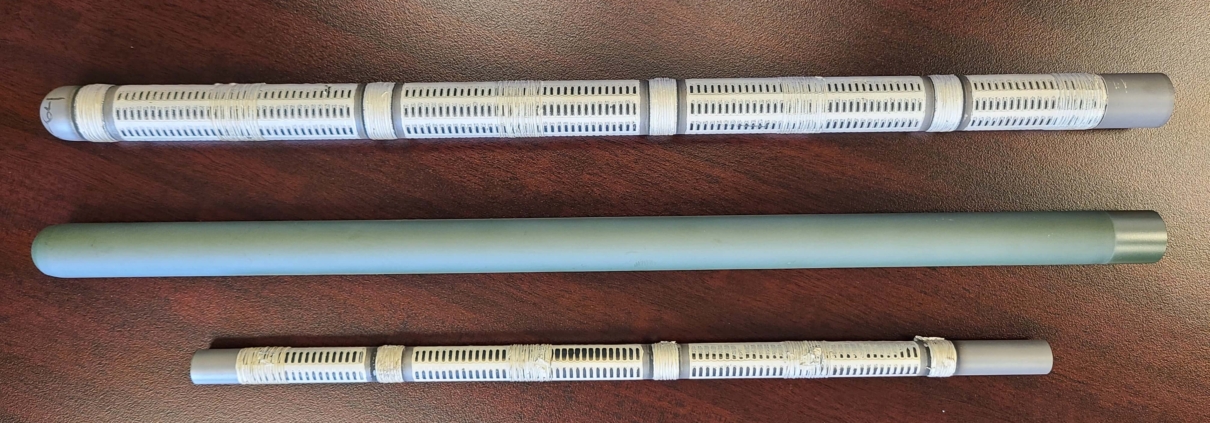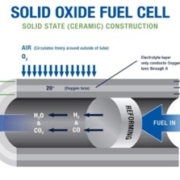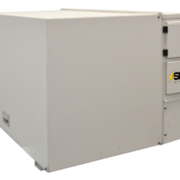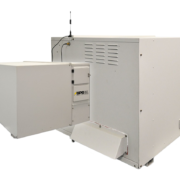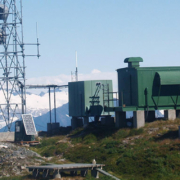The Advantage of Tubular Solid Oxide Fuel Cells Over Other Types of Fuel Cells
Fuel cells are electrochemical devices that convert the chemical energy of fuels directly into electrical energy. They are a promising alternative to conventional power generation technologies, as they are highly efficient, environmentally friendly, and can be used for a variety of applications, ranging from portable power to grid-scale electricity generation.
Among the various types of fuel cells, solid oxide fuel cells (SOFCs) are a particularly attractive option, as they offer high efficiency, low emissions, and fuel flexibility. In particular, tubular solid oxide fuel cells (TSOFCs) have emerged as promising technology, offering several advantages over other types of fuel cells.
What are Tubular Solid Oxide Fuel Cells (TSOFCs)?
Tubular solid oxide fuel cells are a type of solid oxide fuel cell that utilizes a tubular geometry for the fuel cell stack. The tubular geometry allows for a compact design, high power density, and excellent thermal management, making TSOFCs ideal for applications that require high power density and long-term durability.
With tubular solid oxide fuel cells, the fuel and oxidant are supplied to the fuel cell through separate tubes, which are wrapped around a central electrode. The fuel and oxidant react electrochemically on the surface of the electrode, producing electricity, water, and heat.
Advantages of Tubular Solid Oxide Fuell Cells Over Other Types of Fuel Cells
Various fuel cells have their advantages and disadvantages. Some operate at lower temperatures allowing for quicker start up, some are more affordable than others, while others have more of a tolerance for fuel impurities.
Tubular Solid Oxide Fuel Cells also have their own advantages.
1. High Efficiency: TSOFCs have an efficiency of up to 60%, which is higher than other types of fuel cells. This is due to their high operating temperature, which allows for greater utilization of the fuel and oxidant.
2. Fuel Flexibility: TSOFCs can utilize a wide range of fuels, including hydrogen, natural gas, biogas, and syngas, making them a highly flexible technology.
3. Durability: TSOFCs have a long lifespan, with a potential for over 40,000 hours of operation. This is due to their robust design, which allows them to operate at high temperatures without degradation.
4. Compact Design: TSOFCs have a compact design, making them suitable for a wide range of applications, including portable power and distributed generation.
5. Low Emissions: TSOFCs produce very low emissions, as they do not burn the fuel, but rather react electrochemically. This makes them an environmentally friendly option for power generation.
Applications of Tubular Solid Oxide Fuel Cells
As innovations of SOFCs advance, so do the applications. As the leading commercial SOFC solutions provider, we have had the opportunity to use our tubular solid oxide fuel cells in a number of real-life applications around the world.
Tubular Solid Oxide Fuel Cells have a wide range of applications, including:
1. Distributed Generation: TSOFCs can be used for distributed generation, providing power to remote areas or as a backup power source.
2. Aeronautics: TSOFCs can be used as a power source for electric aircrafts, offering longer flying range with less fuel consumption which creates less emissions.
3. Industrial Applications: TSOFCs can be used in a variety of industrial applications, such as combined heat and power (CHP) systems and waste-to-energy plants.
We are excited about the many opportunities now and in the future that our tubular fuel cells offer. With their wide range of applications, tubular solid oxide fuel cells have the potential to revolutionize the way we generate and use energy.

